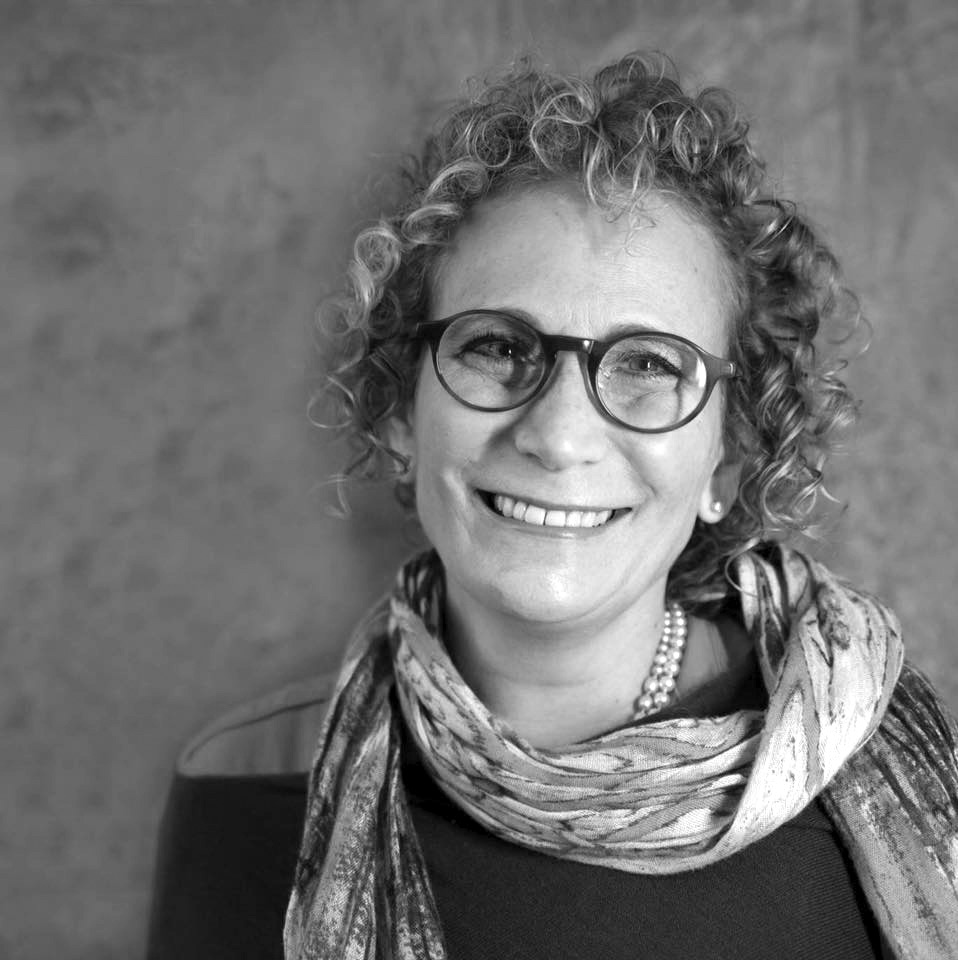 Photo from Wired
Photo from Wired This is the fifth of six weekly columns by Rabbi Zimmerman leading up to Yom Kippur.
As our High Holy Days preparation continues and Rosh Hashanah draws near, our prayers become more urgent, because ready or not, the Days of Repentance are upon us. We reflect more deeply on our misdeeds of the past year, and where we have fallen short of being our best selves.
Part of the powerful ritual we go through each High Holy Day season is the cleansing of our souls by speaking out loud all the ways we have strayed from our path and asking for forgiveness. We actively seek the truth, no matter how painful it might be.
There is a powerful essence that must accompany our soul accounting, and it can be found in the framework and metaphors of the High Holy Days.
Many of our prayer books, thankfully, have evolved by including a multitude of images for God, but what too many of us remember from childhood is the metaphor of the King on the throne.
Our tradition does present us with the metaphor of God sitting on the “throne of judgment (din),” but also of God sitting on the “throne of compassion (rachamim).” Deep in our tradition, and right in front of us throughout the liturgy, is the Divine quality of compassion. This, too, must be included in our spiritual preparations seeking wholeness. (And please remember that these images are only metaphors, pointing us to something deeper, higher and more expansive.)
In the story of the reconciliation around the golden calf, when Moses asks for an assurance of God’s presence, God responds by proclaiming the Divine qualities to Moses (and to us): “Compassionate and gracious, slow to anger, abounding in kindness and faithfulness, extending kindness to the thousandth generation, and forgiving.” (Exodus 34:6) (The verse, based on its Hebraic recitation, became known as the 13 attributes of God’s compassion.)
Deep in our tradition … is the Divine quality of compassion. This, too, must be included in our spiritual preparations seeking wholeness.
The rabbis imagine God wrapped in a tallit, like a prayer leader, who states these qualities and then tells Moses that when the people of Israel sin, they should recite the 13 attributes in their specific order and God will forgive them. (Babylonian Talmud Rosh Hashana 17b)
For thousands of years, the 13 attributes (shelosh esray middot ha’rachamim) have been a centerpiece of our High Holy Days prayer services, beginning at Selichot. We recite them before the open Ark.
This repetition is meant to teach us something crucial: compassion needs to be a starting point of our spiritual reflection and action during this season, along with and equal to the confessing of misdeeds.
When we bring compassion to any situation, our hearts soften. How many times have you made a judgment about a person, only to later hear their whole story and have your feelings ease and release? Your picture of who that person is expands, and you can see their humanity.
Cultivating compassion is like a breath of fresh air, and it can be learned. Sylvia Boorstein, the well-known Jewish-Buddhist author, writes that when she is in distress, she says to herself: “Sweetheart, you’re in pain. Relax, take a breath.”
What would it look like to impart compassion to yourself and the people in your life this season? It’s been an arduous year. Families are divided about crucial, passionate issues. Many of us are suffering from physical illnesses and losses. Relationships have been torn asunder.
Perhaps these High Holy Days can be an opportunity for each of us to grow the kindness in our hearts as we all struggle to be human beings.
One practice I teach in my classes and in individual spiritual guidance is a form of lovingkindness (chesed) meditation. Set your timer for 5 to 20 minutes and repeat the phrases below, with intention. First, direct these statements to yourself; next, include someone who love; then, add a person with whom you experience difficulty. This simple but powerful practice can shift one’s energy toward cultivating compassion:
May I feel safe. May I feel content. May I feel strong. May I feel worthy.
Rabbi Jill Berkson Zimmerman is an at-large rabbi. She can be found online.























 More news and opinions than at a Shabbat dinner, right in your inbox.
More news and opinions than at a Shabbat dinner, right in your inbox.